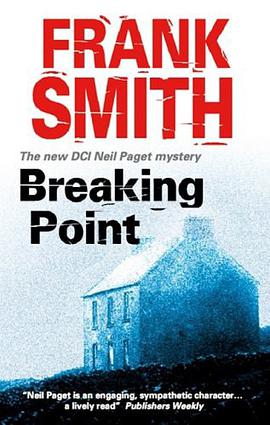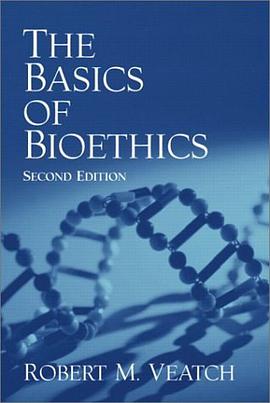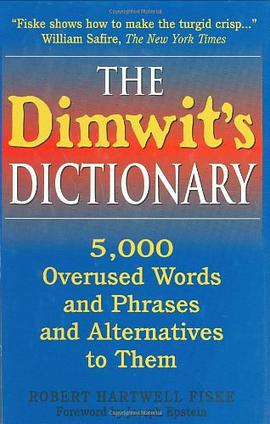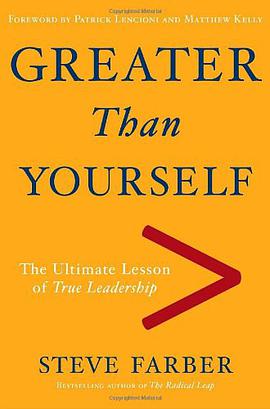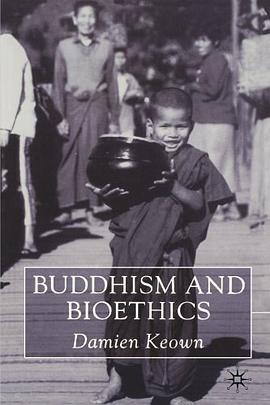

Genocide--the deliberate destruction, usually through mass murder, of an ethnic, racial or religious group--is the ultimate crime against humanity. Drawing upon a wide variety of disciplines, this study assesses ways to prevent this crime. While most books about genocide focus on the history of a particular event, such as the Holocaust, or compare case studies to derive empirical theories, this book outlines many practical aspects of genocide prevention. Heidenrich covers a broad spectrum of expert opinions, from Stanley Hoffmann to Henry Kissinger, as well as political opinions regarding genocide that range from Ronald Reagan to Bill Clinton. Topics include international law, humanitarian intervention, early warning measures, and the effectiveness of such methods as diplomacy, economic pressure, and nonviolent resistance. Preventing genocide in a tense socio-political environment is no easy task, but such prevention is easier and more cost-effective than trying to put an end to genocide once it is already occurring.
具体描述
读后感
评分
评分
评分
评分
用户评价
相关图书
本站所有内容均为互联网搜索引擎提供的公开搜索信息,本站不存储任何数据与内容,任何内容与数据均与本站无关,如有需要请联系相关搜索引擎包括但不限于百度,google,bing,sogou 等
© 2025 book.wenda123.org All Rights Reserved. 图书目录大全 版权所有





